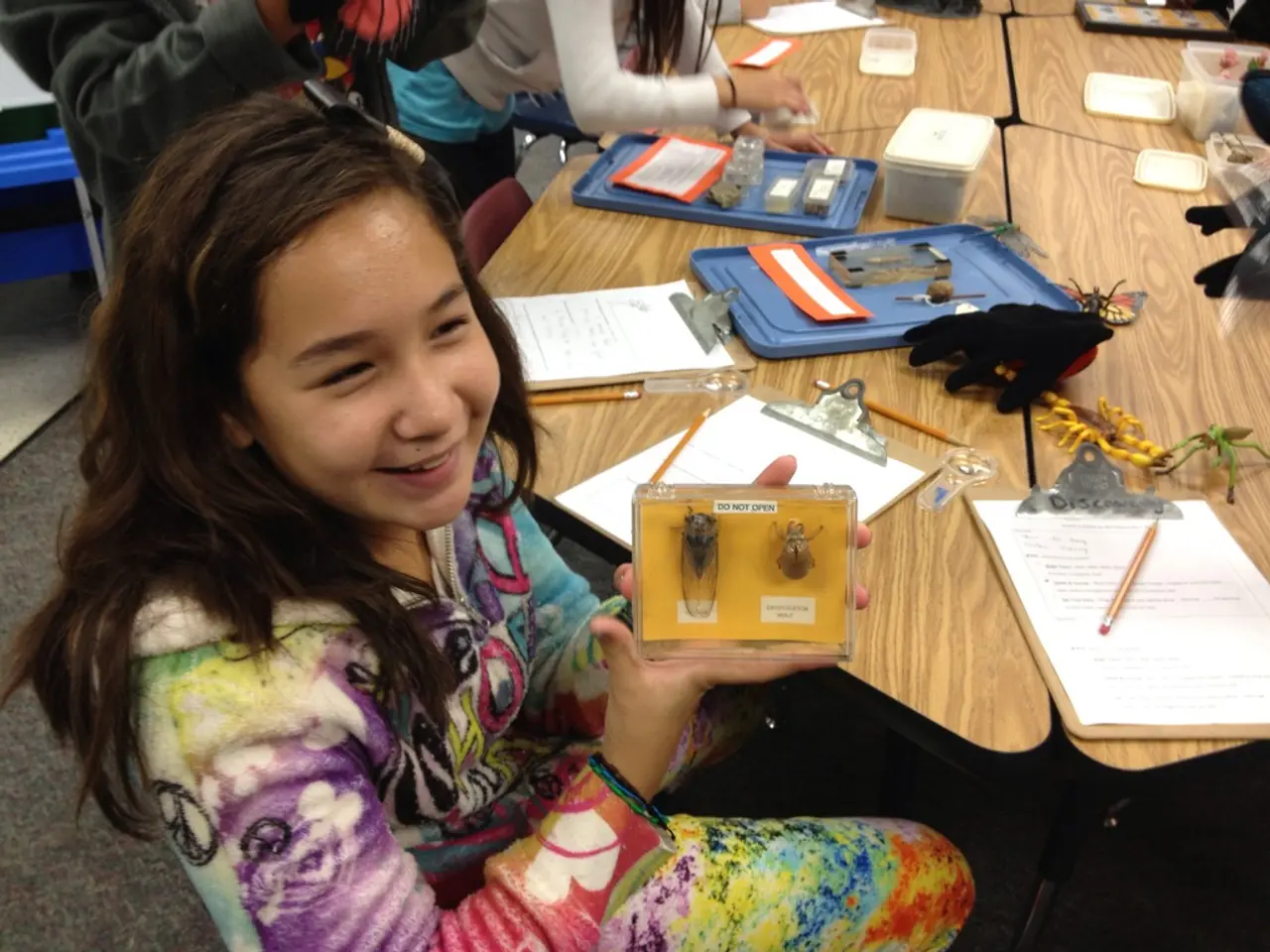Scientists can be nurtured through open pathways to access and opportunities
In the summer of 2021, the Del Monte Institute for Neuroscience Diversity Commission and the City College of New York launched a partnership program called NEUROCITY. This initiative was designed to provide neuroscience research opportunities, mentorship, and training to undergraduate students, particularly those from historically marginalized backgrounds.
One of the students who benefited from the NEUROCITY program was Jose Reynoso, an alumnus of the program who grew up in the Bronx. Reynoso credits a high school psychology course for sparking his interest in neuroscience. During his time in NEUROCITY, he was in the lab of Duje Tadin, PhD, professor and chair of the Brain and Cognitive Sciences Department at the University of Rochester. Reynoso was part of a team that developed a new task to measure perceptual decision-making while in the NEUROCITY program. After completing the program, Reynoso enrolled in the University of Rochester Medical Center Post-baccalaureate Research Education Program (PREP).
Chen Li, a current graduate student in the Brain and Cognitive Sciences Department at the University of Rochester, participated in the NEUROCITY program in the summer of 2022. Li's research aims to understand the inner workings of neural modulation that connects the tactile and visual processes. She worked in the Dynamics of Cognition Lab at the University of Rochester Medical Center as a NEUROCITY scholar. Li is currently mentored by Ian Fiebelkorn, PhD, assistant professor of Neuroscience, and Assistant Professor Manuel Gomez-Ramirez, PhD.
Li's project utilizes the tools and expertise from the labs of both her mentors. The Dynamics of Cognition Lab, led by Fiebelkorn, focuses on understanding the mechanisms underlying human cognition, particularly in the domains of attention, memory, and decision-making. The Haptics Lab, on the other hand, explores the tactile component of human perception and action.
NEUROCITY scholars, including Chen Li, have been co-authors of peer-reviewed scientific research. Yacinda Hernandez is a co-author of a paper published in PLOS ONE led by Duje Tadin, PhD. Jancy Contreras is a co-author on a paper led by Neuroscience Professor Julie Fudge, MD, in Neuroscience.
Brian Keane, PhD, Assistant Professor of Psychiatry at the University of Rochester, supports the philosophy of NEUROCITY, which aims to provide opportunities to bright, motivated students from historically marginalized backgrounds. Keane, who is also the principal investigator of the Keane Vision & Psychosis Lab at the University of Rochester Medical Center, notes the importance of increasing diversity in neuroscience research.
Manuel Gomez-Ramirez, PhD, assistant professor of Brain and Cognitive Sciences at the University of Rochester, is the chair of the Neuroscience Diversity Commission. The commission's goal is to promote diversity and inclusion within the neuroscience community at the University of Rochester, ultimately improving retention and success of marginalized students in neuroscience careers.
Nearly 30 undergraduate students from historically marginalized backgrounds were placed in research labs across the University of Rochester and University of Rochester Medical Center campuses through NEUROCITY. The program collaborated with the Summer Scholars Program at the University of Rochester School of Medicine and Dentistry.
Chen Li is currently writing a manuscript for publication for a project she recently completed. Reynoso, on the other hand, is currently a lab assistant in the Keane Vision & Psychosis Lab at the University of Rochester Medical Center. Both students are testaments to the success of the NEUROCITY program in nurturing diversity in neuroscience research at the University of Rochester.
Science: Chen Li's research project, aimed at understanding neural modulation connecting tactile and visual processes, utilizes the tools and expertise from the labs of her mentors, demonstrating the value of interdisciplinary education-and-self-development in neuroscience.
Health-and-wellness and career-development: Jose Reynoso, a participant of the NEUROCITY program, transitioned from being a lab researcher to a lab assistant in the Keane Vision & Psychosis Lab at the University of Rochester Medical Center, furthering his career-development within the health-and-wellness sector while contributing to neuroscience research.




